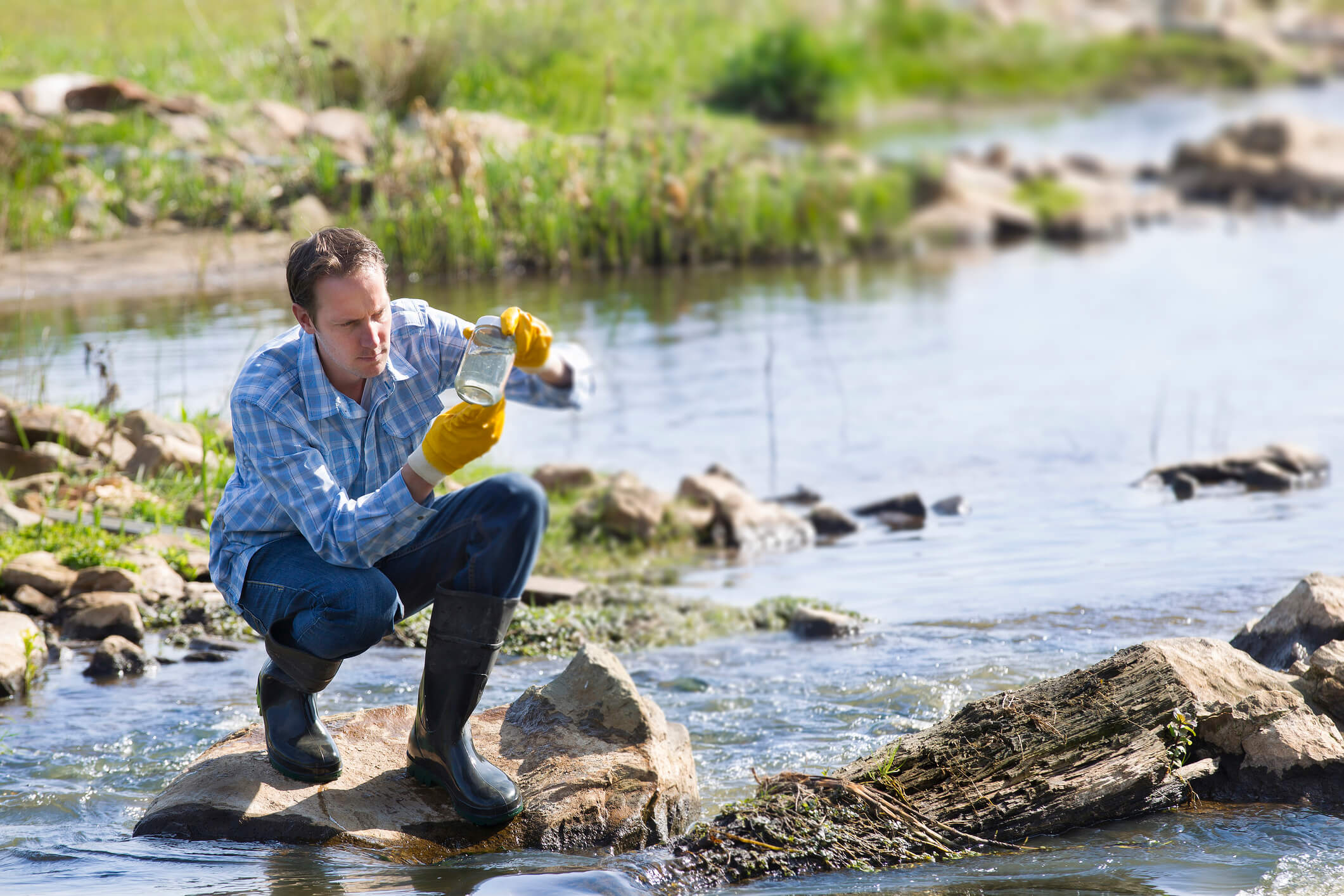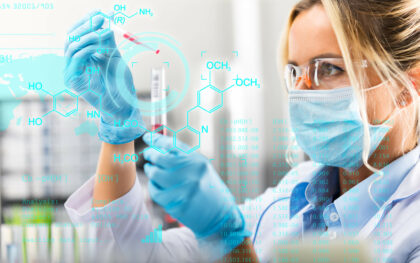Health management and disease control in aquaculture
Overall Course Objectives
The student will be able to understand technical and biological causes for disease problems in different aquaculture systems (incl. organic farming) and how to prevent, treat and manage diseases in farmed aquatic animals. Animal welfare and legislative issues will be addressed as well. The course will provide theoretical understanding of health as an important production factor in aquaculture. Focus will be on rainbow trout and salmon, but also other relevant fish species and shellfish will be included.
See course description in Danish
Learning Objectives
- Identify and explain the major health challenges as well as diseases preventive, control ad mitigation measures in fish and shellfish aquaculture.
- Collect suitable samples for diagnosis of diseases and/or pathogenic organisms in fish and shellfish.
- Evaluate hygiene procedures and disease risks in different technological aquaculture production systems.
- Explain the influence of environmental stressors such as handling, water quality, nutritional status and feed formulation on health status and welfare of fish.
- Demonstrate knowledge on the biology of pathogenic organisms (bacteria, virus, parasites and fungi) and their interaction with the host organism and the production facilities.
- Describe and evaluate methods for detection, isolation and characterization of pathogens.
- Explain control strategies of infectious diseases, e.g. by eradication, vaccination, administration of therapeutants
- Have insight into the legislation related to aquaculture, animal rights and disease management.
- Describe and assess economic impact of diseases on aquaculture productions.
- Assess the potential risk posed by misuse of antibiotics in terms of pollution of the environment, development of antimicrobial resistance and food safety issues related to residues in fish.
Course Content
Introduction to pathogens and diseases found in aquaculture. Disease diagnosis. Methods for prevention of diseases. Impact of disease outbreaks on animal welfare and economic sustainability of production. National and international legislation in relation to aquaculture production and health. Control methods, e.g. antimicrobial agents and chemical additives. General aspects of ethics and welfare in aquaculture. Zoonotic diseases related to aquaculture.
Teaching Method
Lectures, guest lectures, student presentations of relevant literature, project work.
Faculty
Remarks
This course provides students with competences relevant to UN SDGs, particularly #12 (Responsible consumption and production) and #14 (Life below water)
Limited number of seats
Minimum: 8, Maximum: 24.
Please be aware that this course has a minimum requirement for the number of participants needed, in order for it to be held. If these requirements are not met, then the course will not be held. Furthermore, there is a limited number of seats available. If there are too many applicants, a pool will be created for the remainder of the qualified applicants, and they will be selected at random. You will be informed 8 days before the start of the course, whether you have been allocated a spot.






